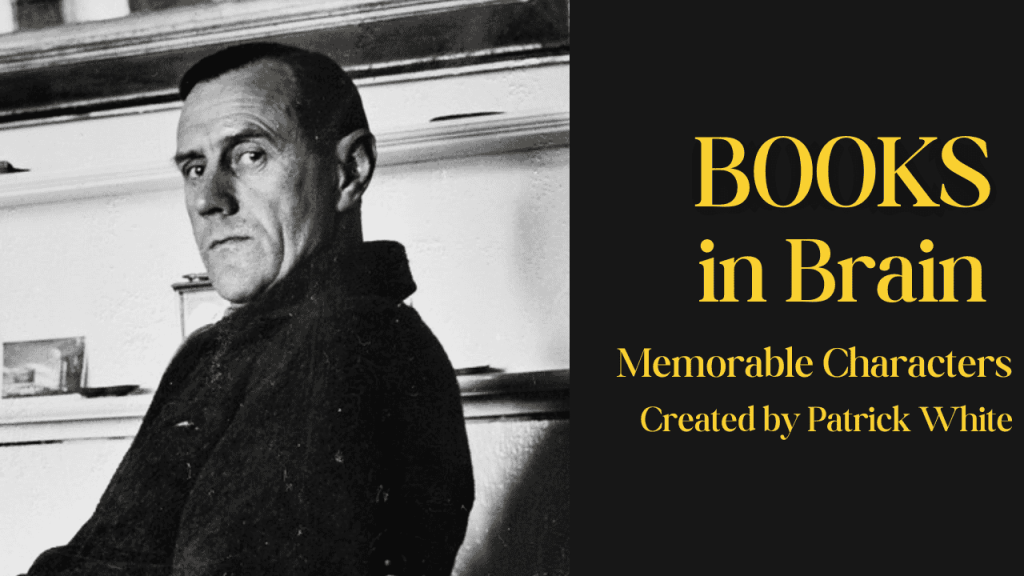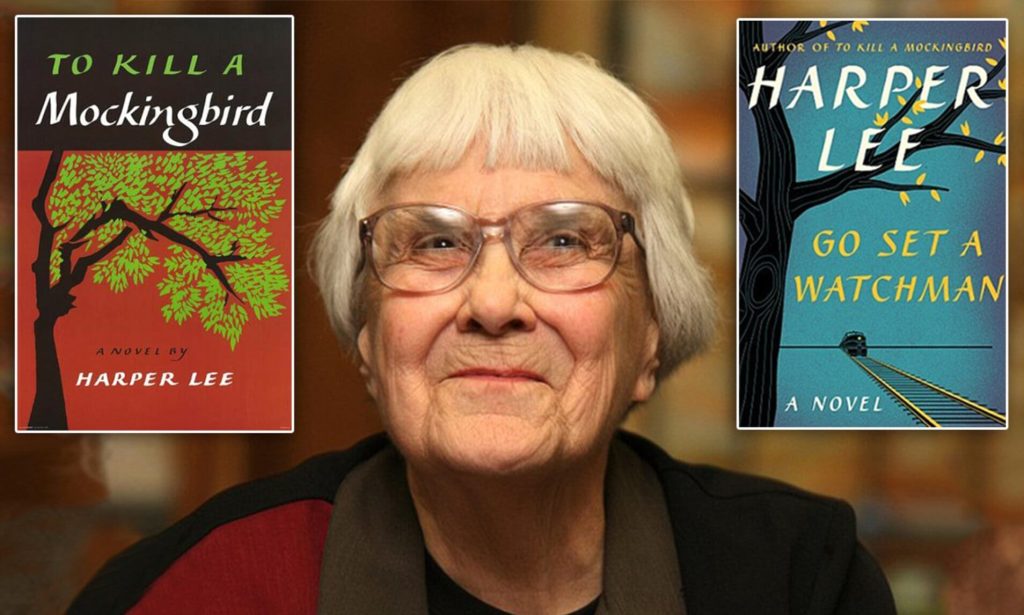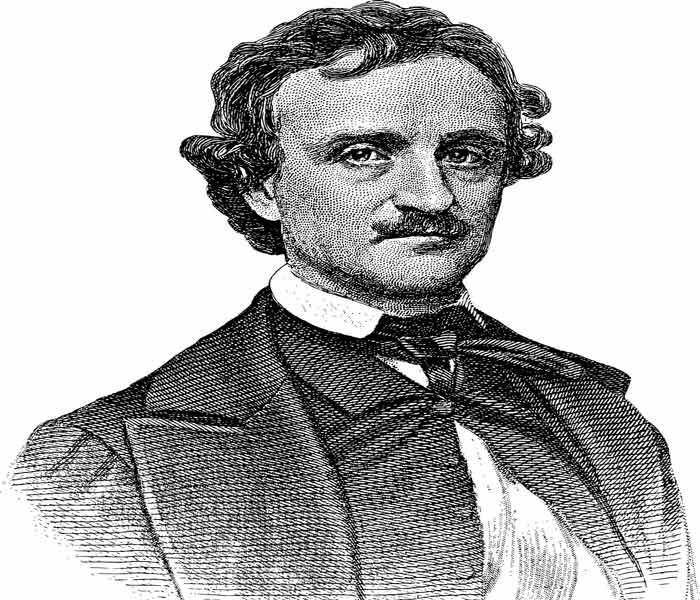Patrick White was an Australian novelist, playwright, and poet. His acclaimed works include Voss, The Tree of Man, Riders in the Chariot, and The Eye of the Storm. He gained international recognition as a master of psychological depth, winning the Nobel Prize in Literature in 1973—the only Australian writer to do so. White remains a monumental figure in literature with a legacy marked by powerful, introspective characters and intricate prose.

10 Best Memorable Characters Created by Patrick White
Throughout his works, we encounter a diverse cast of unforgettable characters—each stands as a tribute to his genius, ensuring his stories remain relevant and moving for readers across generations. Here are ten of White’s most memorable characters, shaping the landscape of Australia’s global literary identity.
1. Elizabeth Hunter – The Eye of the Storm (1973)
Elizabeth Hunter is a powerful aging woman. In The Eye of the Storm, she is an aging matriarch, once strong and influential over her family. As she faces her final days, Elizabeth reflects on her life and relationships, especially with her children, who feel burdened by her strong personality and demands.
Her battle with mortality reveals both her vulnerabilities and her unyielding spirit. Through Elizabeth, White explores themes of aging, the shifting power dynamics within families, and the complexity of personal legacy. She is unforgettable because of her fierce independence and the way she forces everyone around her to confront uncomfortable truths.
2. Hurtle Duffield – The Vivisector (1970)
Hurtle Duffield, the central character in The Vivisector, is a painter obsessed with capturing the raw essence of life. His intense passion for art drives him to push aside relationships. He cares little about the feelings of others. He values art above all else, even at the cost of being lonely.
This detachment makes him both admirable and tragic. As a character, Hurtle exemplifies the loneliness that often comes with creative obsession. His life raises questions about the price of artistic pursuit and the sacrifices made for personal vision.
3. Stan Parker – The Tree of Man (1955)
Stan Parker is a humble, hardworking man who represents the pioneering spirit of Australia. He, along with his wife, builds a life from nothing on the land. He faces numerous hardships but never loses his quiet resilience.
Stan’s life is marked by simplicity and a deep connection to nature. He values hard work, loyalty, and integrity, qualities that define his character. His story is not one of great achievements or epic battles but of continuing the small struggles of everyday life. Stan becomes notable through his unwavering commitment to his family and land, embodying the silent strength of ordinary people.
4. Alf Dubbo – Riders in the Chariot (1961)
Alf Dubbo is an Indigenous Australian artist who lives on the margins of society. In Riders in the Chariot, Alf’s art serves as his escape and expression of inner spirituality, which is often misunderstood by those around him. His life is filled with hardship and isolation, partly because of his race and partly due to his unique vision.
Alf’s character brings themes of spirituality, redemption, and social alienation to the forefront. He is memorable because of his resilience and the profound spiritual insights he offers, as a reminder of the struggles faced by those often unseen by society.
5. Theodora Goodman – The Aunt’s Story (1948)
Theodora Goodman’s journey is about finding herself and, eventually, losing herself. She is an ordinary woman on a journey through Europe who becomes detached from reality.
Her complex internal world, filled with dreams and fragmented memories, makes her both mysterious and tragic. Through Theodora, White explores loneliness, identity, and the fear of losing control over oneself.
6. Ellen Roxburgh – A Fringe of Leaves (1976)
Ellen Roxburgh is a woman of resilience and adaptability. She is shipwrecked and forced to survive among Indigenous Australians, an experience that changes her deeply.
Ellen’s journey is one of transformation, as she learns to shed her social conditioning and adapt to a new way of life. Her character highlights the clash and blend of colonial and Indigenous cultures. Ellen’s strength and openness to change make her remarkable, as she embodies both survival and cultural exploration in a foreign land.
7. Laura Trevelyan – Voss (1957)
Laura Trevelyan is a strong and thoughtful woman. In Voss, she shares a deep spiritual connection with an explorer named Voss, even though they are separated by distance. Laura is wise, brave, and independent. Her relationship with Voss goes beyond physical presence and becomes a spiritual bond.
Laura’s character explores love, faith, and the courage to face the unknown. She is noteworthy because of her strength and wisdom, qualities that make her an inspiring and unforgettable character.
8. Mordecai Himmelfarb – Riders in the Chariot (1961)
Mordecai Himmelfarb is a Jewish refugee who carries the weight of his painful past. He is an outsider in society, yet he holds a deep sense of faith and hope. Mordecai is kind and compassionate, standing strong against prejudice.
Through his story, White explores themes of suffering, faith, and human connection. Mordecai serves as a symbol of hope and dignity.
9. Eudoxia – The Twyborn Affair (1979)
Eudoxia is a character who challenges traditional ideas of gender and identity. In The Twyborn Affair, Eudoxia changes between male and female identities, exploring different sides of herself. This journey highlights the complexities of self-discovery and the courage it takes to defy social norms.
Eudoxia’s story explores questions of freedom, authenticity, and the struggle for acceptance in a society that demands conformity. Eudoxia is outstanding because she embraces her true self despite societal expectations. She is a symbol of individuality and self-acceptance.
10. Oscar Hopkins – Oscar and Lucinda (1988)
Oscar Hopkins is an eccentric clergyman with a love for gambling. His unusual combination of faith and risk-taking makes him a captivating character.
Oscar is kind-hearted but often naive, and he takes big risks driven by his beliefs. His story is about adventure and the excitement of discovering the unknown. Oscar is memorable for his innocence, curiosity, and the unique blend of spirituality and risk that define his character.
Final Words
To read Patrick White is to meet characters who live, breathe, and struggle in ways that feel remarkably close to home. Each one carries a piece of our shared humanity, and by stepping into their lives, you just might find yourself reflecting on your own. If you’re ready for stories that challenge, move, and inspire, let White’s characters welcome you in.


